News

New instruments at Flow!
September 2025
We are happy to introduce our new Thermofisher spectral and conventional analyzer and sorter!
They are now available to book through iLab, for training please email flowassist@ucsf.edu.


New light sheet microscope for cleared tissue imaging at PALM
June 2025
PALM has a new microscope and platform to clear large tissues! LifeCanvas' SmartSPIM and SmartBatch are available. Please contact PALM for training and/or discuss sample submission.
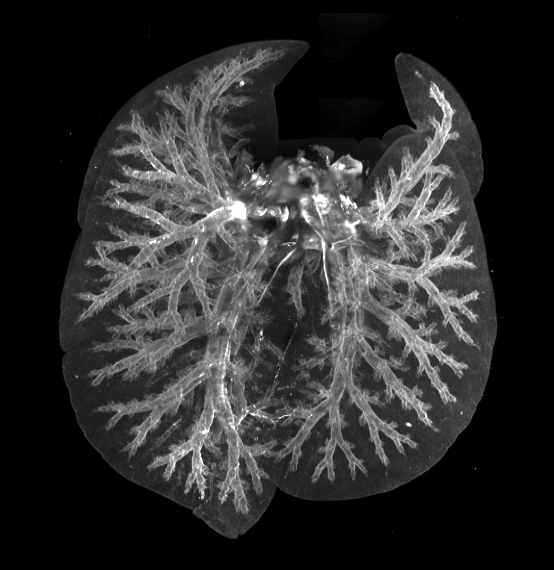

New spatial proteomics instrument at the BIDC
April 2025
The BIDC/PALM at Parnassus has a new microscope! The Leica CellDIVE is a multiplex immunofluorescence system that images up to ~40 antibodies on fixed tissue sections and post-Xenium slides. BIDC works with you to customize your markers, or choose from several standard panels available. To get started, please contact the PALM.
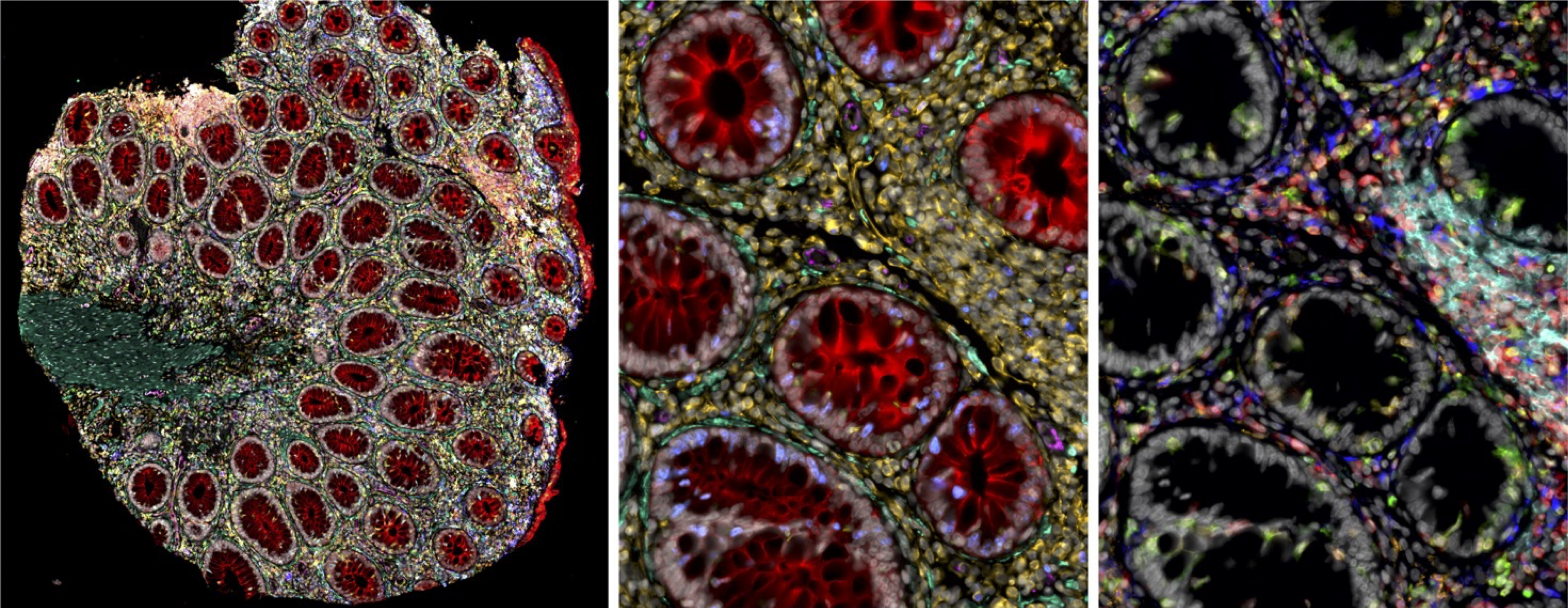

BIDC is now the PALM CoLab
March 2025
We are excited to announce that BIDC has a new name – the Parnassus Advanced Light Microscopy (PALM) CoLab! Same people, same instruments, now with California palm trees. In our efforts to connect with microscopy groups across UCSF, we changed our name to reflect that of our sister core CALM at Mission Bay.
CoLabs, ImmunoX and UCSF Investigators publish innovative research that provides a comprehensive understanding of the cellular landscape in ulcerative colitis and sets the stage for future research exploring additional therapies and other digestive diseases
January 2024
We would like to highlight a recently accepted manuscript in Nature Communications. The study, titled "Single-cell and spatial multi-omics highlight effects of anti-integrin therapy across cellular compartments in ulcerative colitis," marks a significant advancement in our understanding of ulcerative colitis (UC) and treatment with the anti-integrin antibody Vedolizumab (VDZ). The work was led by Elvira Mennillo PhD in the laboratory of Michael Kattah MD PhD.
The research was initiated by an ImmunoX CoProject Pilot Award and a Department of Medicine Cohort Grant. The project’s success was the result of close collaboration among the Disease-to-Biology (D2B), Data Science, Genomics, Biological Imaging Development, and Flow Cytometry CoLabs.
The authors developed a single-cell and spatial multi-omics pipeline to determine the effects of VDZ on diverse cellular subsets within UC patients. Through the analysis of viable cryopreserved colon biopsies, the authors found that VDZ influences mononuclear phagocyte abundance and activation in the periphery and in the tissue. The research introduced the first cell surface proteome cell atlas in IBD, leveraging an optimized pipeline that improved data quality and reduced cost. The study is also the first to use spatial transcriptomics of archived clinical formalin-fixed samples to identify baseline gene signatures associated with VDZ treatment outcomes. This approach could help pave the way for future precision immunophenotyping in UC.
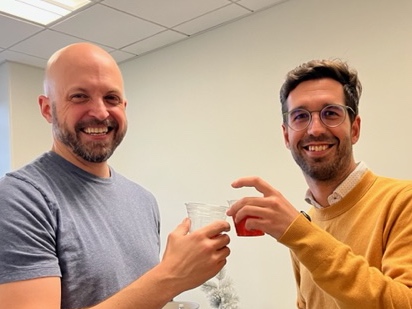

Torsten Wittmann Joins CoLabs as Biological Imaging Development CoLab (BIDC) Director
December 2023
Professor Torsten Wittmann will join CoLabs as the Director of the Biological Imaging Development CoLab (BIDC) effective January 1, 2024. Torsten received his Ph.D. from the University of Heidelberg, completed a postdoctoral fellowship at The Scripps Research Institute, and joined the faculty of Department of Cell and Tissue Biology in the UCSF School of Dentistry in 2005. Torsten is a member of the Biomedical Sciences, Tetrad, Biophysics and Bioengineering, and Oral and Craniofacial Sciences Graduate Programs and the Helen Diller Family Comprehensive Cancer Center. His research interests include molecular mechanisms of mitosis, microtubule dynamics, and high precision optical control of protein activities inside cells. He has extensive expertise in designing, building, and operating advanced optical imaging systems and served as PI of two NIH S10 Shared Instrument Grants that brought high-end spinning disk confocal systems to the Parnassus campus for use by our community.
As BIDC Director, Torsten will focus on two major missions. First, BIDC will strengthen resources for providing UCSF scientists with reliable high-end instrumentation and training. Second, BIDC will work with the research community to identify new opportunities to build and acquire cutting-edge instruments that will enable novel approaches to compelling questions. Consistent with the CoLabs model, Torsten will seek out opportunities to collaborate with UCSF scientists while maintaining his own research program, which relies heavily on using and developing advanced imaging systems.
We are extremely grateful to BIDC staff members Austin Edwards, Mohammad Nasser, and Harrison Wismer for their extraordinary efforts in maintaining BIDC operations during our search for a new director. We look forward to an exciting future for BIDC under Torsten’s leadership.
New equipment in Genomics CoLab!
September, 2023
The Genomics CoLab is working to integrate novel methods of spatial transcriptomics into our collaborative and core projects. We currently support the 10x Genomics CytAssist enabled Visium platform which allows for transfer of existing FFPE and Fresh Frozen slides to Visium slides for spatial resolved whole transcriptome data at a resolution of ~100um.
In partnership with the Disease to Biology CoLab we are bringing in two additional, subcellular resolution platforms: The 10x Genomics Xenium and Nanostring CosMX. We are also involved in a cross CoLabs collaborative effort to evaluate data from each of these platforms to provide evidence-based suggestions on which platform may best suit each project and develop an analysis toolkit for this emerging technology.
Additional technological development underway include automating multiple NGS methods on our recently purchased BioMek i7. Through this new liquid handler, we expect to offer automated solutions to single cell RNA-seq, low input and degraded RNA-seq methods, ATAC-seq and more.
Cyclone paper is out!
August, 2023
In an exciting display of collaborative science, multiple researchers in the CoLabs community led by Gabi Fragiadakis' and Alexis Combes' labs, have unveiled an innovative analytical pipeline for high-dimensional cytometry data in their latest publication in Frontiers in Immunology.
High-dimensional cytometry data, which measures multiple parameters on individual cells simultaneously, has opened new doors in understanding immune system function and dysfunction. However, the complexity of such data poses challenges in data analysis and interpretation. This newly developed and benchmarked analytical pipeline streamlines the analysis of multiple high-dimensional cytometry data, including CyTOF, spectral flow cytometry and immunofluorescence and is now available to the research community.
If you want to learn more about Cyclone read about it here: https://www.frontiersin.org/articles/10.3389/fimmu.2023.1167241/full and you can test it out here: http://www.github.com/UCSF-DSCOLAB/cyclone
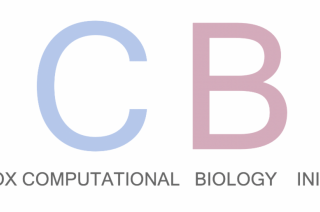
The 2023 ICBI Hackathon is Coming Up!
August, 2023
CoLabs and ImmunoX are gearing up once again to hold the upcoming ICBI 2023 Hackathon on Thursday August 24th and Friday August 25th. The event draw participants with diverse perspectives, including clinical fellows, postdoctoral researchers, staff scientists and PhD students.
Over the course of the two-day in-person event, teams will work together to analyze the complex phenotypes of autoimmune disease using single-cell sequencing data from human samples. Similar to previous years, winning teams will be announced at the ImmunoX annual retreat and awarded cash prizes!
Gabi Fragiadakis, PhD, Director of the Data Science CoLab, is the faculty organizer, with help from ImmunoX administrator Jonathan Wilson. If you have any questions concerning the hackathon or its time requirements, please contact Jonathon at jonathon.wilson@ucsf.edu.
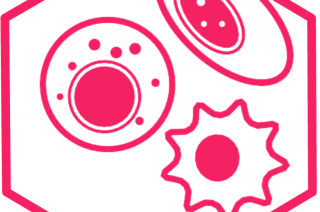
D2B Receives Funding to Acquire the CosMx Spatial Molecular Imager
March, 2023
D2B Director Alexis Combes and collaborator Mike Kattah received an Institutional Matching Instrumentation RAP Award and will acquire the CosMx Single-cell transcriptomic platform which will be installed in D2B in the fall of 2023. https://nanostring.com/products/cosmx-spatial-molecular-imager/ This equipment will be accessible to the UCSF research community to perform single-cell transcriptomic assays on FFPE tissues. Please contact Alexis Combes if you are interested in using the instrument.
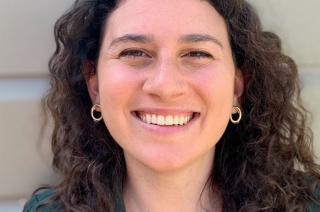
Patient-Partnered Collaborations for Single-Cell Analysis of Rare Inflammatory Pediatric Disease RFA Grantees
December 1st, 2022
Data Science CoLab Director Dr. Gabi Fragiadakis was recently awarded a grant from the Chan-Zuckerberg Institute as part of a multi-PI team to create a multi-tissue single-cell atlas of juvenile dermatomyositis (JDM), a rare pediatric inflammatory disorder. The team will leverage muscle and skin biopsies with paired blood from well-phenotyped, diverse JDM cohorts from five clinical sites to perform combined single-nuclei RNA and ATAC sequencing (multiome) and spatial transcriptomics. Data generated will be associated with diagnostic and treatment clinical outcomes to develop unique JDM tissue signatures, biomarkers of treatment response, and novel treatment targets.
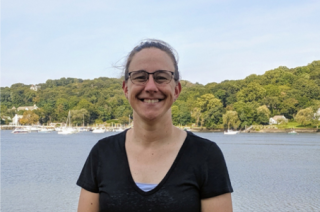
Bevin English appointed to lead CoLabs BSL3 Incubator
October 1st, 2022
Bevin English, PhD has joined CoLabs as the Director of the BSL3 Incubator. She was a postdoctoral fellow in the laboratory of Dr. Renée Tsolis in the Medical Microbiology and Immunology Department at UC Davis. She received her PhD from UCSF, where she was a graduate student in Dr. Anita Sil’s lab. Bevin is excited to be back at UCSF and she is looking forward to collaborating with different members of the research community to work on a variety of pathogens in our high containment laboratory.
When not in lab, Bevin enjoy birdwatching, baking, and playing and watching sports.
You can reach her at bevin.english@ucsf.edu
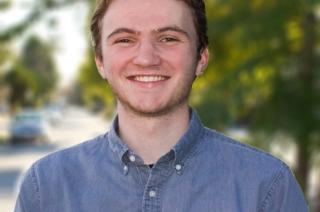
Harrison Wismer has joined BIDC
October 1st, 2022
He is the newest Microscopy Research Data Analyst for BIDC. He holds a Bachelor of Science, Biomolecular Engineering: Bioinformatics degree from the University of California Santa Cruz.
You can reach him at harrison.wismer@ucsf.edu
BIDC Takes Over Operations of the Broad Center Microscopy Core
July, 2022
The Broad Center Microscopy Core located in the Stem Cell Building has been folded into the BIDC, thus expanding the BIDC microscope catalog and userbase.
The full list of the BIDC resources can be found here.
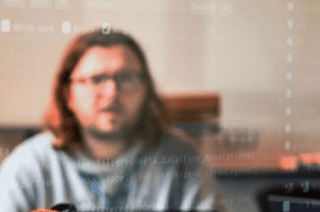
Many Minds Together Bring Better Results
CoLabs and ImmunoX faculty have been hosting an annual hackathon since 2019. The events draw participants with diverse perspectives, including clinical fellows, postdoctoral researchers, staff scientists and PhD students. The 2020 hackathon, held virtually, gave participants the chance to work with novel information related to COVID-19 from the UCSF COMET study, which tracked patients hospitalized at UCSF and Zuckerberg San Francisco General Hospital and Trauma Center.
Gabi Fragiadakis, PhD, Director of the Data Science (DS) CoLab, with help from ImmunoX administrator Jonathan Wilson, organized this year’s hackathon, which took place on Aug. 18 and 19. Dr. Fragiadakis, DS CoLab data scientist Bushra Samad, and Alexis Combes, PhD, Director of the Disease to Biology (D2B ) CoLab, prepared data from the Immunoprofiler project for use in this year's hackathon. Participants analyzed this data to better understand systemic immune effects in patients with solid tumors. Dr. Combes along with several other ImmunoX faculty, served as judges for the event.
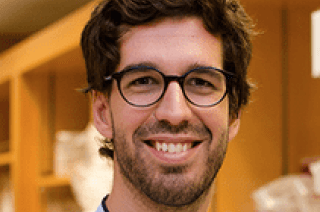
Sorting Cancers by ‘Immune Archetypes’ May Offer New Approach For Precision Immunotherapies
January 6, 2022
Disease to Biology CoLab Director Dr. Alexis J. Combes' work has been featured in UCSF's News & Events .
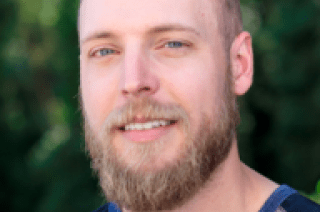
New Microscope!
July 15, 2021
A new spinning-disk confocal microscope is being installed within the BIDC. The system boasts of in-line super resolution capabilities, dual-camera detection, and the ability to perform optogenetic experiments.

Mohammad Naser has joined the BIDC
June 25, 2021
He is an expert in high-dimensional imaging panel design and optimizing antibody conjugation protocols.
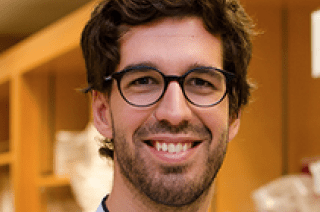
Global absence and targeting of protective immune states in severe COVID-19
Jan 25, 2021
Disease to Biology CoLab Director Dr. Alexis J. Combes' publication regarding his COVID19 research has been featured in Nature.
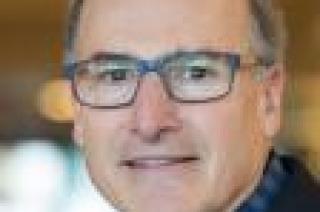
David Erle, MD, Named Inaugural Director of CoLabs
May 13, 2020
Dr. Erle is Professor and Associate Chair for Biomedical Research in the Department of Medicine, the founder of the UCSF Functional Genomics Core Facility, and a member of the Bakar ImmunoX Program, the Cardiovascular Research Institute, and the Institute for Human Genetics. He has been a member of the UCSF community for forty years, beginning as a medical student. Dr. Erle started his own research lab at ZSFG in 1990, moved to Mission Bay campus soon after that campus opened, and will now relocate to the Parnassus campus to take on this new role.

Gabriela (Gabi) Fragiadakis joins the CoLabs as the Data Science CoLab Director- September 1, 2019
September 1, 2019
As of 9/16/2019, Dr. Gabriela Fragiadakis joined the CoLabs as Director of the new Data Science CoLab. She was a postdoctoral fellow at Stanford School of Medicine in Dr. Justin Sonnenburg's lab in the department of Microbiology and Immunology and did her PhD with Dr. Garry Nolan. Welcome!
